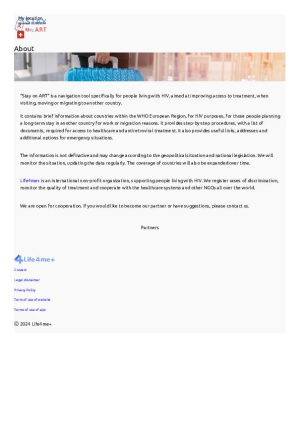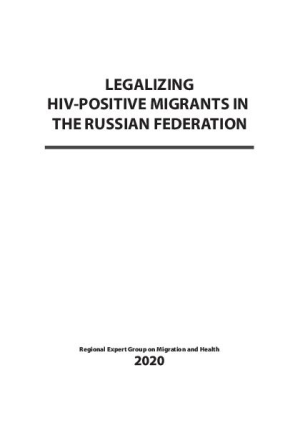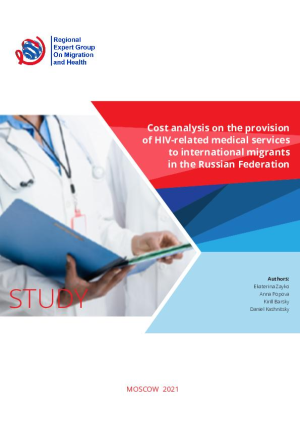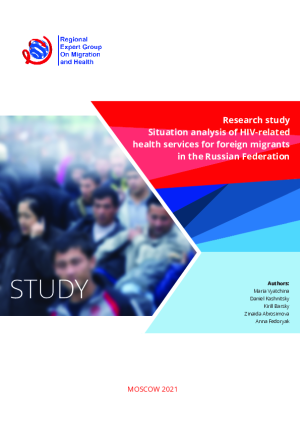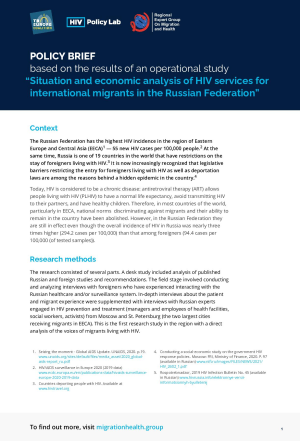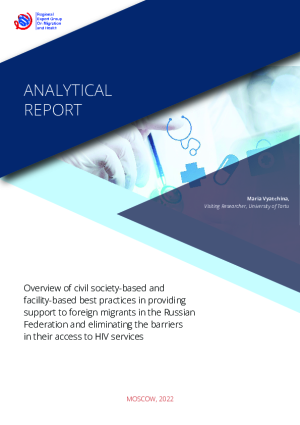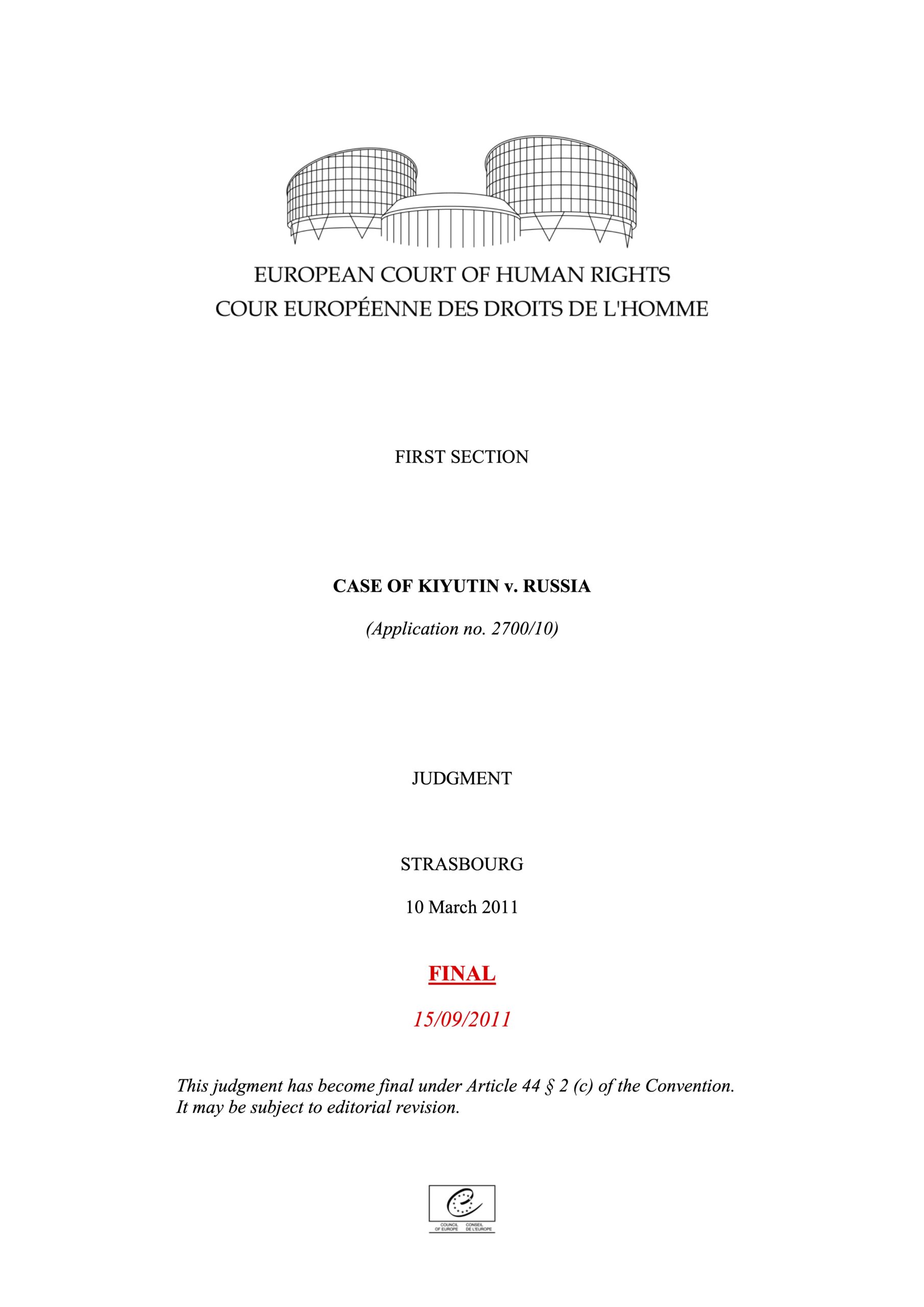Resources
A searchable online library of policy and advocacy documents about travelling or relocating with HIV.
Stay on ART
Navigation tool specifically for people living with HIV, aimed at improving access to treatment, when visiting, moving or migrating to another country. It contains brief information about countries within the WHO European Region, for HIV purposes, for those people planning a long-term stay in another country for work or migration reasons. It provides step-by-step procedures, with a list of documents, required for access to healthcare and antiretroviral treatment. It also provides useful links, addresses and additional options for emergency situations.
- Author
- Life4me+
- Reference
- 2024
- Countries
- Kazakhstan, Kyrgyzstan, Montenegro, Poland, Serbia, Russian Federation, Slovenia, Georgia, Armenia, Germany, Switzerland, United Kingdom
Legalising HIV-positive migrants in the Russian Federation
- Author
- Regional Expert Group on Migration and Health
- Reference
- 202O
- Countries
- Russian Federation
Cost analysis on the provision of HIV-related medical services to international migrants in the Russian Federation
The study provides an overview of the international experience regarding the effectiveness of antiretroviral therapy and its economic benefits for countries, as well as comparative studies on HIV detection in the resident population and migrants. Also available in Russian.
- Author
- Regional Expert Group on Migration and Health
- Reference
- 2021
- Countries
- Russian Federation
Research study: Situation analysis of HIV-related health services for foreign migrants in the Russian Federation
The report presents the result of social research to study the access of foreigners living with HIV to health services in the Russian Federation. Also available in Russian.
- Author
- Regional Expert Group on Migration
- Reference
- 2021
- Countries
- Russian Federation
Situation and economic analysis of HIV services for international migrants in the Russian Federation
Desk study included analysis of published Russian and foreign studies and recommendations. The field stage involved conducting and analysing interviews with foreigners who have experienced interacting with the Russian healthcare and/or surveillance system.
- Author
- Regional Expert Group On Migration and Health
- Reference
- 2022
- Countries
- Russian Federation
Overview of civil society-based and facility-based best practices in providing support to foreign migrants in the Russian Federation and eliminating the barriers in their access to HIV services
The goal of this study is documenting the best practices in providing support and eliminating barriers in access to the services related to HIV and other infectious diseases for migrants in the Russian Federation. The study takes into consideration the differences in the barriers for migrants in big Russian cities (Moscow and St. Petersburg) and other regions of the Russian Federation. The analysis allowed identifying a set of the existing practices of cross-border cooperation between the organisations helping migrants in the countries of origin and in the regions of the Russian Federation. The study answers the question about how civil society is engaged in addressing the problem of providing support to migrants and how it helps to eliminate or overcome the barriers in access to HIV services on the territory of the Russian Federation in the existing circumstances.
- Author
- Regional Expert Group On Migration and Health
- Reference
- 2022
- Countries
- Russian Federation
Case of Kiyutin v. Russia – European Court of Human Rights
Court case in front of the European Court of Human Rights concluding that member states could not refuse foreign nationals residence permits on the basis of HIV status, as this was a violation of article 14 of the Convention which prohibited discrimination.
- Author
- European Court of Human Rights
- Reference
- Application no. 2700/10 - 15/09/2011
- Countries
- Russian Federation
